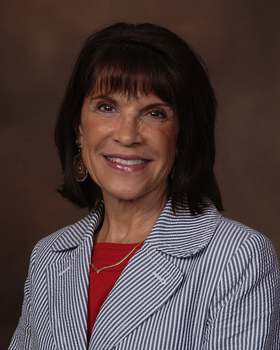>> Pamela Buschbacher: It is a pleasure to talk with you today on one of my favorite topics, which is a strategy that I have found to be effective for children as young as two years of age through young adults 21 years of age. First I would like to understand who my audience is. How many of you support toddlers, birth to three? How many of you support children ages 3 to 5? How many of you also support children or individuals who are older in other educational settings? Those would be children five and older. These strategies are for you.
Learning Outcomes
By the end of this course, my goal is for you to not only describe routine scripts, but also rule books that I have found to be very supportive for children's pro-social and communicative development. You should also be able to provide 8 reasons for using those rule books and routine scripts with young children in particular, who demonstrate challenging behaviors. I will share ways to tailor those routine scripts and rule books so that they are most effective for you. You should be able to describe steps in designing routine scripts and rule books in order to share and guide families, teachers, and related professionals in using them effectively. In the end, hopefully you will come away with four possible outcomes that are very positive and evidence-based in using routine scripts and rule books.
The Pyramid Model
I am a presenter, trainer, and interventionist for the Center on Social Emotional Foundations in Early Learning. Many of you may have seen The Pyramid Model (Figure 1) in promoting children's social emotional development.

Figure 1. The Pyramid Model

